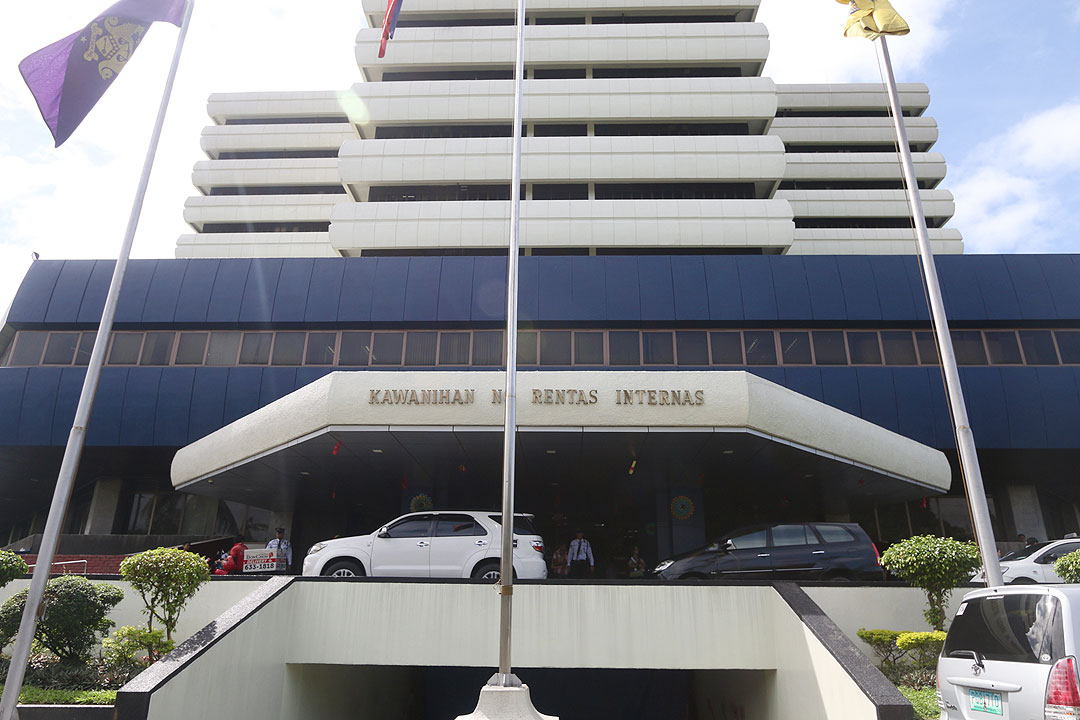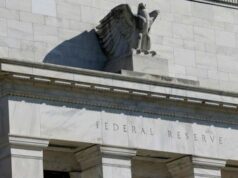Some nonprofit hospitals, schools may have to pay 25% income tax, BIR says

PRIVATE SCHOOLS and nonprofit hospitals may have to pay the 25% regular corporate income tax if their gross income from unrelated business activities exceeds 50% of the total income, the Bureau of Internal Revenue (BIR) said.
BIR Revenue Regulation No. 3-2022 sets the implementing rules and regulations for Republic Act No. 11635 which amended the National Internal Revenue Code to clarify the income tax rate for private schools and nonprofit hospitals. The regulation was signed on April 7 and published in a newspaper on Monday.
Under the BIR rules, nonprofit hospitals and private schools will be imposed a 10% preferential corporate income tax rate after June 30, 2023.
Also covered by the rules are nonstock, nonprofit educational institutions whose net income or assets benefit a member or specific person.
These institutions are currently imposed a 1% corporate income tax rate from July 1, 2020 to June 30, 2023 due to the Corporate Recovery and Tax Incentives for Enterprises (CREATE) Act.
However, the BIR rules stated that the 25% corporate income tax will be imposed on the entire taxable income of private schools and nonprofit hospitals if their gross income from unrelated trade, business, or other activity exceeds 50% of the total gross income from all sources.
The BIR said unrelated trade and business means any activity that is “not substantially related to the exercise or performance by such educational institutions or hospitals of its primary purpose or function.”
For other nonstock and nonprofit educational institutions, a 25% regular corporate income tax will be imposed on its revenues or assets that are not used exclusively for educational purposes.
The BIR rules said “nonprofit” means all net income or assets of the institution and all its activities are conducted not to generate profits.
However, it clarified that nonprofit institutions will not be prohibited from granting transportation allowance for attending meetings and other compensation to the Board of Trustees, officers, employees of the institutions.
“(This) shall not necessarily be considered a private inurement that would negate the status of institutions as nonprofit,” the BIR said, adding that these will be subject to proper reimbursement or liquidation.
The BIR said it will review such expenses on a case-to-case basis.
Coordinating Council of Private Educational Associations, which represents over 2,500 private educational institutions with over 300,000 school personnel, previously said the new law would help “save” the education sector from “excessive taxes and collapse” as the pandemic continues.
As of Sept. 2021, enrollment in private schools was 1.4 million, down by 57% from a year earlier, and just 66% of the 4.3 million seen in 2019, according to the Department of Education’s Learning Enrollment Survey Quick Count data. — Tobias Jared Tomas



